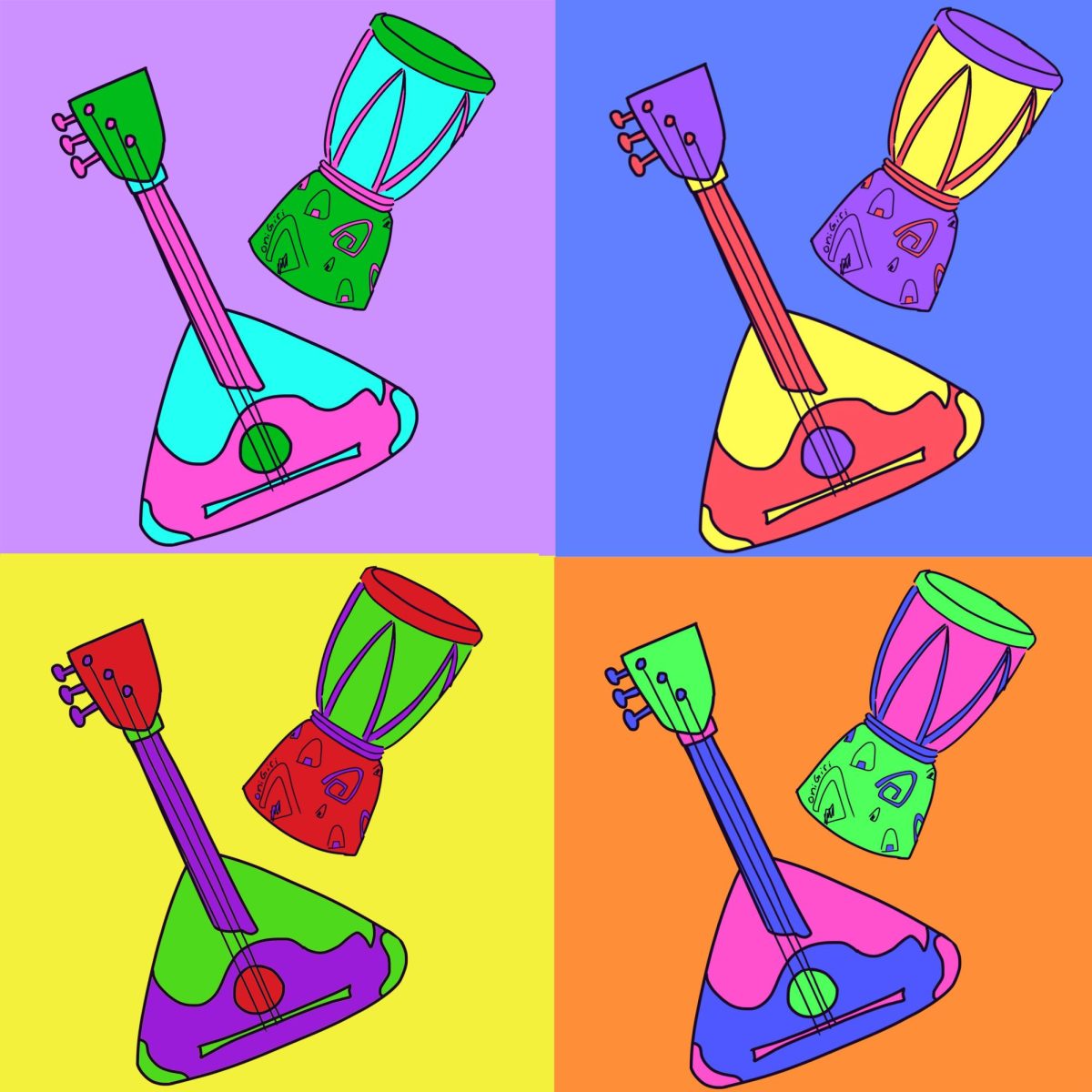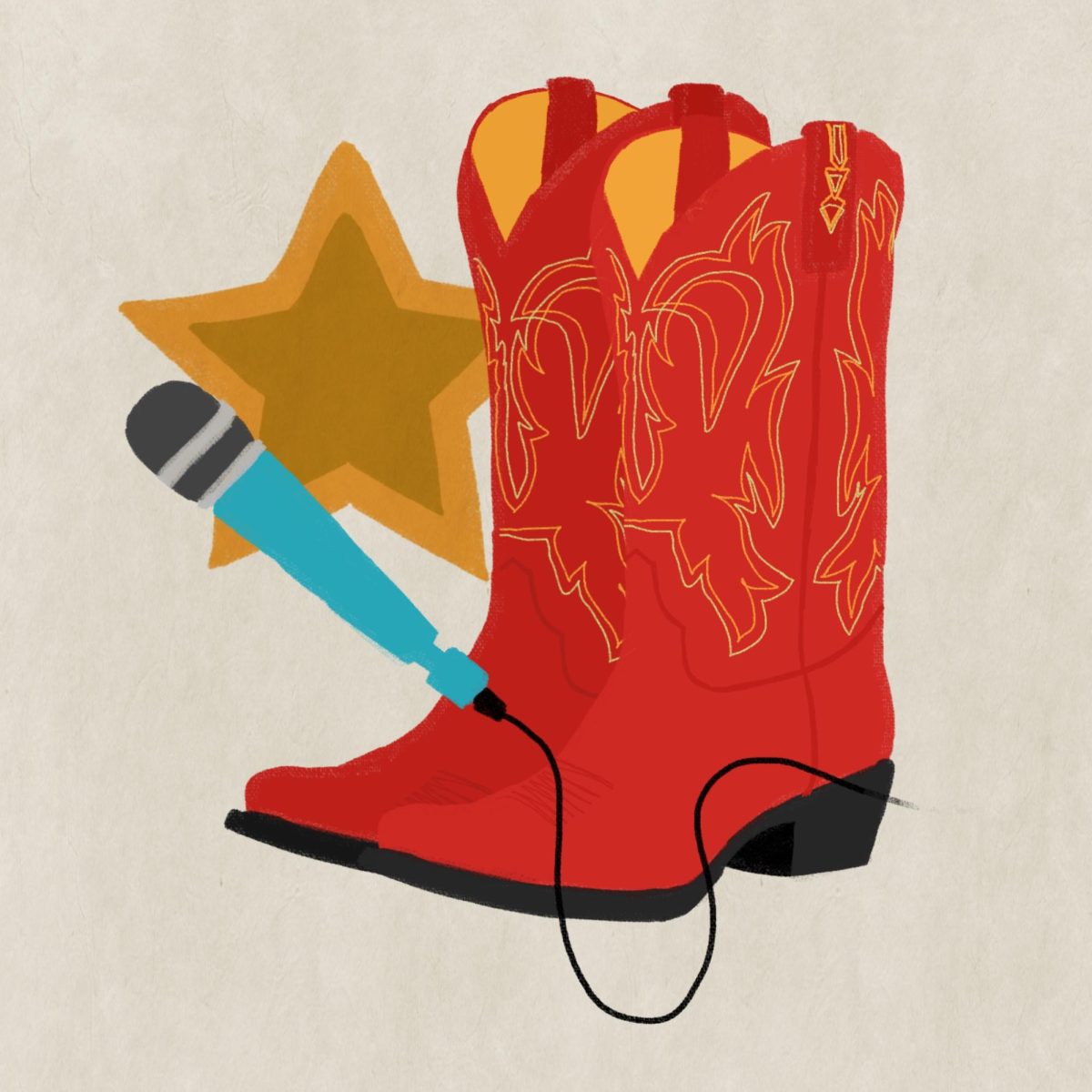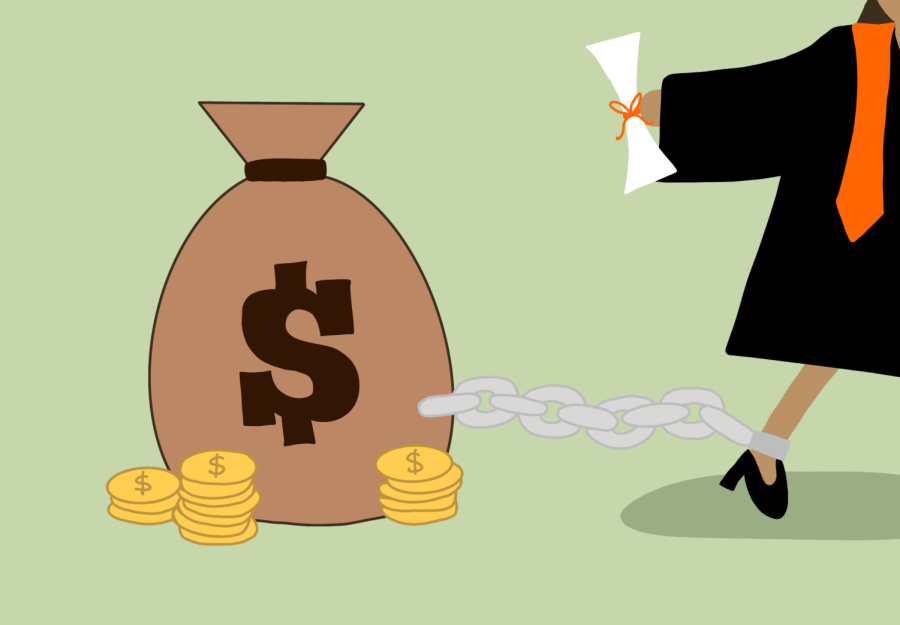As the calendar flips and we approach 9/11, students prepare themselves for the “Talk”. The “Talk” tends to happen in classrooms, and for those who are lucky enough, also at home. The “Talk” is prompted by teachers, parents—faces who we normally look up to as we sit, stare and listen in dumb silence. The “Talk” often involves pained recountings of how the day transpired or questions along the lines of “How did we get to this point? How has it brought us to where we are now?”
It makes sense that, almost 23 years after the attacks on the World Trade Center, waves of discourse still follow in the wake of each anniversary. Nearly 3,000 deaths is a catastrophic loss, not to mention the nationwide turmoil that came in the years after. Yet, for a changing America, 9/11 is something that is increasingly heard of, not experienced. This generational divide in understanding then becomes fodder for younger generations who, while not bound together by the disaster of the attacks, are bound by the difficult discussions they have spawned. Thus, we arrive at the shadow of 9/11 discourse — dark humor.
Dark humor has existed for as long as human suffering has existed. Humor itself is a commonly cited tool to explore and cope with serious and often controversial topics; the ethos is that if we can laugh at our troubles, then maybe all hope is not lost, after all. With 9/11’s unprecedented level of disaster, dark humor was a natural, albeit sometimes awkward, part of the healing process. Across America, comedians, news outlets and ordinary citizens struggled to determine when it was okay to finally joke about the attacks. Today, jokes about the attacks are not only more accepted but also as expected as discussions on the topic. In the same way a wound scabs when it heals, to those who have experienced 9/11, humor offers a potential route to recovery. When younger generations who have not had the same exposure to the attacks spin humor out of them, however, the result comes across as more insensitive than ameliorating.
Lived experiences are at the core of dark humor. When trauma obtained from experience is observed in a humorous light, chuckles become cackles, wounds are closed and societies are rebuilt. Younger generations joking about a terrorist attack so close in proximity to their time yet far removed from their experience is akin to throwing punches in the dark. There is no basis for understanding, no first-hand account or shock that clashes with the punchline to light the fuse of laughter. Instead, most of the comedic value of 9/11 jokes is transferred onto shock value. The objective to be funny then becomes the objective to be tone-deaf, and the audience is left feeling out of place, if not offended.
It would be false to say that 9/11 jokes are not at times clever or that they do not catch us off guard. Cleverness and taste are independent of each other in comedy, yet that so many of us are willing to trade our respect for others’ experiences for a laugh is, beyond being worn out, hypocritical. We live in a more empathetic time. If younger generations truly stand for the ideal of acceptance and respect that they have built, it is time to stop picking and choosing just to get a chuckle.









